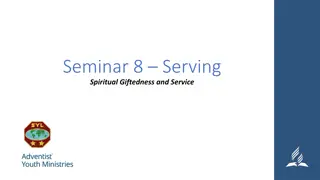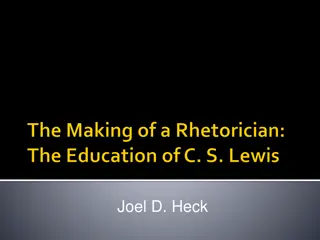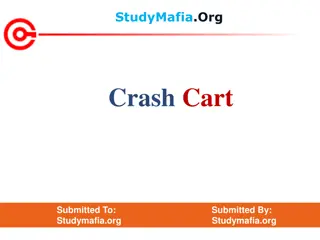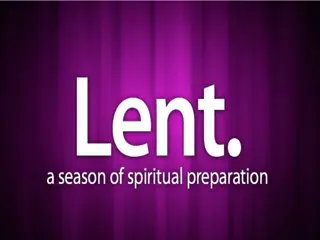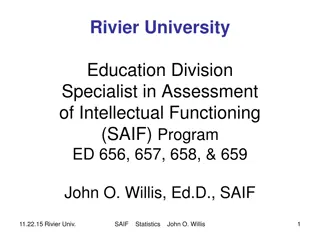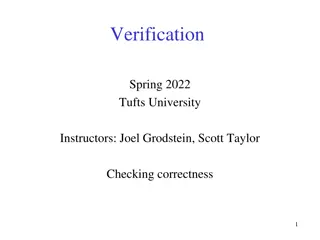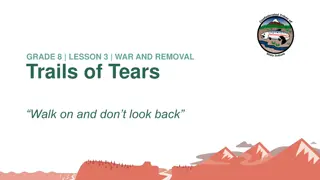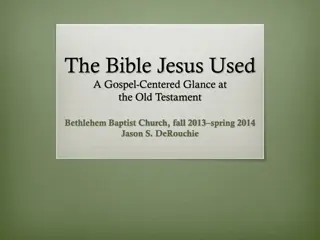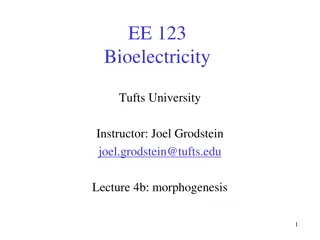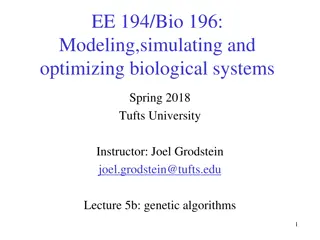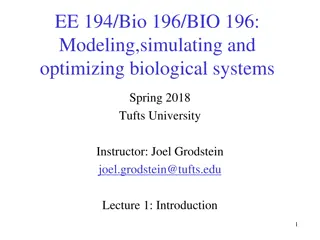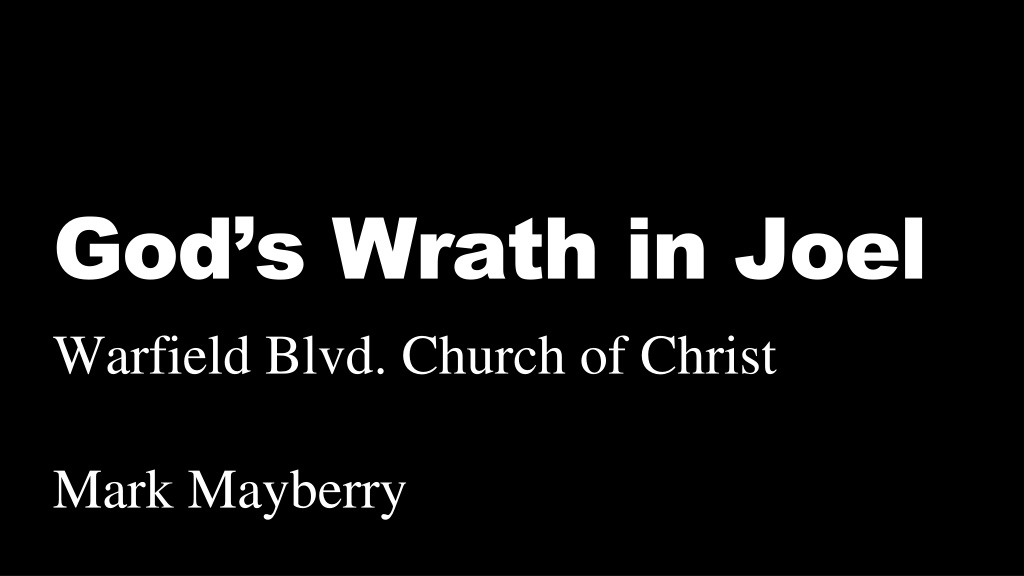
Understanding God's Wrath in the Book of Joel
Explore the concept of God's wrath as depicted in the book of Joel, where divine judgment unfolds through a locust plague affecting both Israel and the nations. Discover the significance of the symbolic Valley of Jehoshaphat and the impending doom facing God's wayward people. Delve into the blend of mercy and justice in the portrayal of God's character in this profound biblical narrative.
Download Presentation

Please find below an Image/Link to download the presentation.
The content on the website is provided AS IS for your information and personal use only. It may not be sold, licensed, or shared on other websites without obtaining consent from the author. If you encounter any issues during the download, it is possible that the publisher has removed the file from their server.
You are allowed to download the files provided on this website for personal or commercial use, subject to the condition that they are used lawfully. All files are the property of their respective owners.
The content on the website is provided AS IS for your information and personal use only. It may not be sold, licensed, or shared on other websites without obtaining consent from the author.
E N D
Presentation Transcript
Gods Wrath in Joel Warfield Blvd. Church of Christ Mark Mayberry
In this lesson, let us consider Gods wrath as reflected in the book of Joel. The Lord God perfectly blends the qualities of mercy and justice (Habbak. 3:1-2; Ps. 85:10)
Divine judgment comes directly and indirectly. The book of Joel depicts a locust plague that strikes the land of Israel (1:1-7; 2:1-10). Stripping away vegetation, it devastates fields and vineyards, crops and cattle (1:8-12, 17-18). Everyone is affected: priest and ministers, farmers and shepherds, the few who are devout and the many who are drunkards (v. 9, 13).
Upon Israel Upon the Nations
The day of the Lord is near for Gods wayward people (1:14-15; 2:11). Judgment will also fall upon the nations in the valley of Jehoshaphat (3:1-2, 11-14).
According to Jewish tradition, the Valley of Jehoshaphat was that part of the Kidron Valley between the Temple and the Mt. of Olives. However, this expression is really a play on words. The name, Jehoshaphat, means Jehovah is Judge.
This passage refers to a symbolic valley of Jehoshaphat/decision which is likely connected with the concept of divine judgment instead of a literal geographical location. Therefore, we should not think of the valley of Jehoshaphat as an actual place; rather, it is symbolic of judgment (Joel 3:1-2, 12-14)
For behold, in those days and at that time, when I restore the fortunes of Judah and Jerusalem, I will gather all the nations and bring them down to the valley of Jehoshaphat. Then I will enter into judgment with them there on behalf of My people and My inheritance, Israel, whom they have scattered among the nations; and they have divided up My land (Joel 3:1 2).
Let the nations be aroused and come up to the valley of Jehoshaphat, for there I will sit to judge all the surrounding nations. Put in the sickle, for the harvest is ripe. Come, tread, for the wine press is full; The vats overflow, for their wickedness is great. Multitudes, multitudes in the valley of decision! For the day of the LORD is near in the valley of decision (Joel 3:12 14).
Rend Your Hearts and Not Your Garments (2:12-14). Call a Solemn Assembly to Weep and Pray (2:15-17).
In the short term, restoration of divine favor comes through repentance and renewed faithfulness (2:18-27). In the long term, the prophet Joel anticipates the outpouring of God s Spirit in the Messianic age (2:28-32).
Judgment upon the nations will occur in the valley of Jehoshaphat (3:1-2, 11-14). Because sinful men act as if life is cheap (3:3), God will recompense evil swiftly and speedily (3:4-8).
Multitudes in the Valley of Decision
Multitudes, multitudes in the valley of decision! For the day of the LORD is near in the valley of decision (3:14).
God is prepared to protect and also to punish, to reward and also recompense. If Israel (and the nations) would repent and return, the Lord would again bestow blessing.
Will He be to us a source of refuge or ruin, of comfort or catastrophe? In that Day. . . anticipates both future judgment and future reward (3:18-21).
Some mistakenly believe that the Lord God, as revealed in Sacred Scripture, suffers from dissociative identity disorder (DID), otherwise known as a split-personality. In other words, in the Old Testament, He is filled with wrath, but in the New Testament, He is loving and gracious.
Rubbish! The Lord God does not change (Mal. 3:5 6) but consistently loves righteousness and hates wickedness (Ps. 45:6 7). Recognizing the kindness and severity of God, let us obey the gospel invitation, and remain faithful to His calling (Rom. 2:4 11; 11:22).

